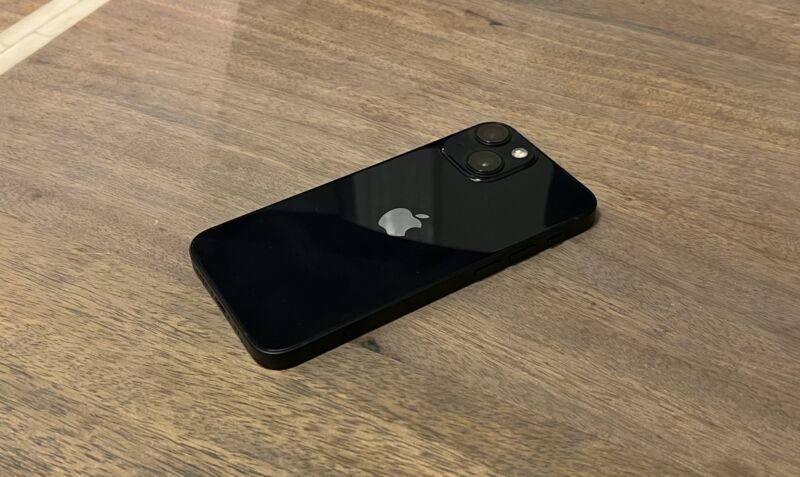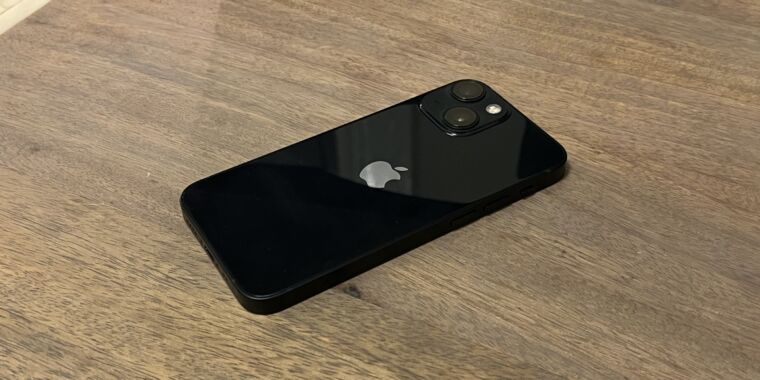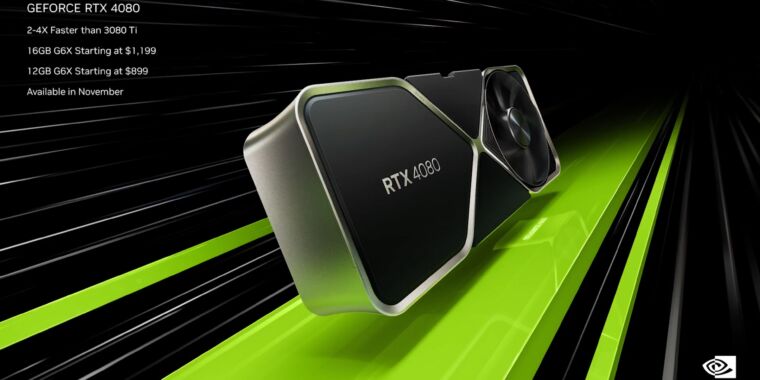
Samuel Axon
Apple has received its third fine in Brazil for not including chargers with its iPhones. A civil court judge in São Paulo issued the tech giant a 100 million real (about $19 million) fine on Thursday, French news agency Agence France-Presse reported via Barron’s.
Civil court Judge Caramuru Afonso Francisco in São Paulo reportedly issued the fine as damages in a lawsuit from the Brazilian Consumers’ Association.
The judge is also said to have ordered Apple to start selling chargers with the iPhone 12 and iPhone 13 series in Brazil. Further, the judge ordered Apple to provide chargers to customers in Brazil who bought an iPhone 12 or 13 over the last two years.
Apple can appeal the ruling and will, according to Reuters’ report Thursday. Apple didn’t immediately respond to Ars Technica’s request for comment.
The ruling dubbed Apple’s charger-less iPhones an “abusive practice,” AFP said. Apple stopped including chargers with its phones starting with the iPhone 12. At the time, Apple said that removing power adapters and EarPods from iPhone boxes meant smaller, lighter boxes, which enabled “70 percent more boxes to be shipped on a pallet” and “cut over 2 million metric tons of carbon emissions annually.” In its 2020 iPhone 12 Product Environmental Report [PDF], Apple said it expected to avoid mining over 600,000 metric tons of copper, tin ore, and zinc by not including chargers and EarPods with the iPhone 12.
In this week’s ruling, however, Judge Francisco reportedly wrote that selling an iPhone without a charger “requires consumers to purchase a second product in order for the first to work.”
This marks Apple’s third fine with the country since March 2021, when it reportedly received a fine worth $2 million from Procon-SP, São Paulo’s consumer protection agency, for selling the iPhone in Brazil without a charger.
And in September of this year, the Ministry of Justice and Public Security (MJSP) of Brazil fined Apple approximately $2.3 million and banned the selling of iPhones without chargers in the country. Similarly to Judge Francisco, the government body argued that Apple had shifted the burden to customers. Brazil’s MJSP also disputed Apple’s claims that it was being more eco-friendly, saying Apple could better help the environment by moving iPhones to USB-C.
Brazil is considering mandating USB-C charging on phones. Even more pressure comes from the European Union moving forward with plans to require USB-C charging on various consumer electronics requiring wired charging, including phones, tablets, and headphones, by the end of next year. The issue seems like it will continue to be hard to ignore, as some US politicians have also pushed for universal charging.
Earlier this year, a Bloomberg report claimed Apple is working on a USB-C iPhone for next year, but there has been no official word from Apple.








